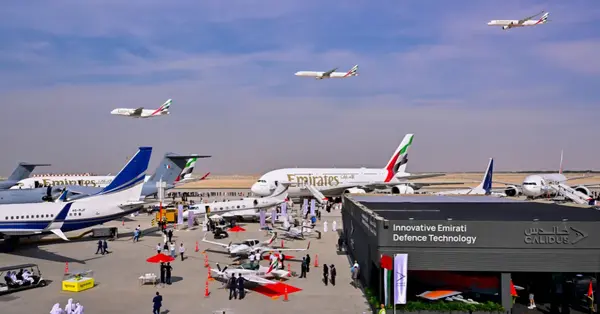You are viewing 1 of your 2 free articles
Saudi Arabia and Bahrain nationals can now travel to UK with electronic visa waiver
Nationals of Saudi Arabia and Bahrain can now apply to travel to the UK for up to six months with an electronic visa waiver, available from 1 June 2022.
The electronic visa waiver is a quick, digital alternative to the regular visit visa and ensures all the necessary security checks are carried out in advance of travel.
Saudi Arabia and Bahrain will join other Gulf Cooperation Council (GCC) states with electronic visa waiver status.
The move will maintain security and effective border processes while enabling smoother transit through the UK border for visitors.
The move aims to deepen the UK's partnership with Saudi Arabia and Bahrain, enhancing diplomatic ties and fuel the economy. GCC travellers rank among the highest-spending tourists globally.
GET YOUR FREE 48-PAGE GCC TRAVEL & HOSPITALITY REPORT HERE
An electronic visa waiver allows the holder to travel to the UK without obtaining a visa provided they complete an online waiver for each visit. The process is quicker than applying for a visa as there's no need to provide biometric information (photo and fingerprints), attend a visa application centre or hand in your passport in advance of travel. A small fee is applied.
British Home Secretary Priti Patel said: "This visa waiver for Bahrain and Saudi Arabia will better connect the people of our countries and boost economic prosperity. The visa improvements will also provide greater security for our citizens while making it easier and cheaper for visitors from the Gulf to travel here for leisure and business."
Foreign Secretary Liz Truss added: "This visa waiver will strengthen our relationships with Saudi Arabia and Bahrain, making it easier for visitors from the Gulf to come to the UK. Our friendships with both countries are of great importance, built on shared priorities such as trade, investment and security."

















